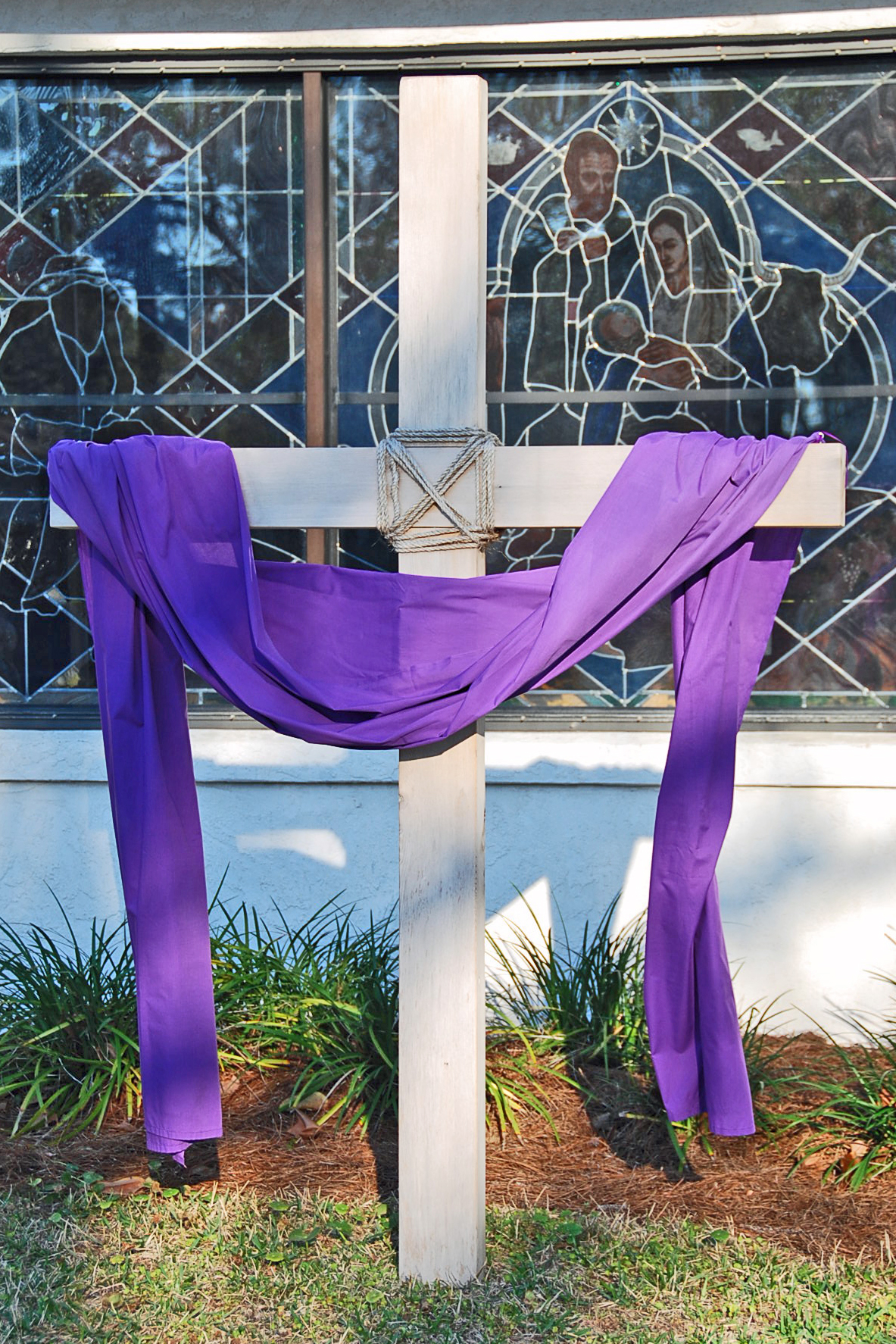They went about in sheepskins and goatskins, destitute, persecuted and mistreated—the world was not worthy of them. They wandered in deserts and mountains, living in caves and in holes in the ground.
Hebrews 11.38
People used to go off into the desert to find themselves and to uncover new truths about God. The Internet is a new kind of desert. We go online to create ourselves and uncover candid photos about our celebrity-gods, mediated by their paparazzi priests.
Where once we stared into the sun, froze at night, and lived on next to nothing, we now stare at overly bright screens and eat Doritos. I’m not even suggesting this is bad; actually, I think the web presents many of the same opportunities that the desert experiences lent their pilgrims many years ago. I just want us to view the web with fresh eyes.
Take community, for example. Desert pilgrims often joined desert communities, places of collective learning and mutual understanding. These were set up with some basic rules, each differing from place to place. Most people lived there for the same reasons, relational and spiritual enlightenment, but some were there merely to regain their strength. For them, it was a waypoint on a longer journey.
Facebook is our desert community. Some go there for interaction and understanding; most go en route to somewhere else. Facebook lurks in the back of our OS, with a tweet roll trawling along the bottom of our display like a desert spring. Facebook is a new monastic community, but with shoddier ideals and less rigid rules.
The Internet also provides vast amounts of information and shared knowledge. Like the desert, the Internet is full of heretics. In the desert, these faulty-thinkers were isolated. Only the best teaching was worthy of traveling a great distance to hear, and since many of their ideas were readily exposed as heresy very few people made the journey to hear heretics. Consequently, their influence was very limited. Internet heretics, though, are less obviously wrong and it costs considerably less to entertain their ideas. They are less obviously wrong because many of the people who are exposed to their ideas do so without any prior knowledge or training in the truth. The reason novices and beginners can access any number of thinkers is, again, because of the reduced cost in learning. The Internet is free. Information is free. Anyone can get access to anything. Consequently, young minds can be exposed to dangerous thoughts with almost no filters to help them determine what thoughts are orthodox and what thoughts are heretical.
On the flip side, the good information available online is monumental. Google is the Library of Alexandriaand what you can get from Wikipedia is far more reliable than what any Palestinian Jew could ever get from his local rabbi in the synagogue.
There are diverse dangers, too, on the web. In the old way, travelers had to be on their guard for hucksters and frauds, crooked merchants and shadowy brothels. Online gambling and porn, email worms and pop-ups pretty much cover that these days.
The Internet is the place where you can most freely be the person you want to be in your own mind. That makes it wonderful, but also dangerous. It is a telling place, like an oracle, and it is an oasis. We know who we really are when we find ourselves surfing the web, led by curiosity, our search, and our favorites.
Who you are online is who you are.
Never forget that.
This post is from Seasons of Christian Spirituality.
fossores
Related posts
Categories
Category Cloud
Tag Cloud
Recent Posts
- Victors and Victims November 6, 2018
- 3 Hacks for Happiness October 29, 2018
- Hope Against Death September 20, 2018
- The Shape Of The Cross September 19, 2018


